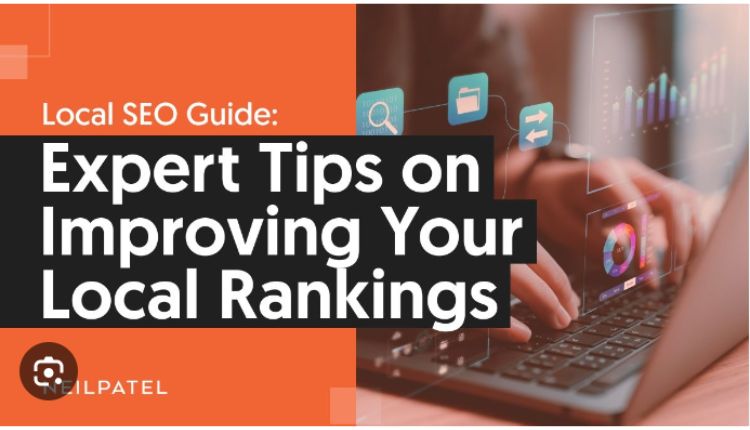Small business owners often don’t have the time to dedicate to SEO. Luckily, there are many ways to improve your SEO without having to invest in a full-time team. Using the right keywords, creating valuable content, and local search are just a few of the things that can make a difference. This article will cover some tips to help your small business get more visibility on Google.
Keyword Research
In a world of goliath corporations, family-run small businesses have always struggled for visibility. However, a new digital front is leveling the playing field: search engine optimization (SEO). Whether you are hiring an SEO agency or doing it yourself, keyword research is an essential part of the process. Using a variety of tactics, small business seo can rank their websites and social media pages in search engine rankings to increase exposure and boost sales.
Keyword research identifies which keywords are most searched and provides an understanding of the intent of the searcher. It also helps you identify if the keywords are relevant to your business and its services. To conduct keyword research, start by looking for keywords that include your location. For example, if you are a plumber in San Francisco, you should search for “plumbers in San Francisco.” You should also do the same for other areas where your business serves.
Website Structure
A small business website is a key part of any digital marketing strategy. It can help you rank for local searches, and it also allows potential customers to find you more easily. It’s important to make sure your site is well-organized and optimized. This includes keyword research, creating a logical website structure, and using the right tags for each page. Each page should have its own title tag and meta description. A title tag is a short summary that appears in search engine results pages, and a meta description is a longer summary that can be used by social media websites when sharing links to your website. You can also optimize your on-page SEO by adding schema markup and structured data.
High-Quality Content
The internet has changed the way small business operate. Instead of businesses going to customers, they are bringing them to them through digital marketing and SEO strategies. One of the most important parts of SEO is creating high-quality content that meets customer needs. This is true for both on-page and off-page content. Search engines look for relevance and user experience to determine page ranking.
In a world where family-run small businesses struggle for visibility against goliath corporations with bottomless pockets, search engine optimization is leveling the playing field. It takes time to see real results, but it has lasting benefits that can completely overhaul a small business’s bottom line.
Local Search
Many small businesses believe that SEO is too complicated and unpredictable to be worth the effort. However, with the right strategy and resources, local SEO can boost a business’s visibility online and increase its chances of converting searchers into customers. Local search is a subset of SEO that focuses on improving a business’s visibility in local search engine results pages (SERPs). These results are typically displayed when someone conducts a search with the phrase “in [city]” or similar. Local SEO is important for small businesses because it helps them connect with people searching for products and services in their area.
To rank highly in local searches, it’s important to use relevant keywords that have high search volume and low keyword difficulty. Also, be sure to include a map on your website and make your phone number clickable on mobile devices.
Backlinks
Backlinks are a major part of small business seo. They help search engines determine the credibility of a website. They are especially valuable if they come from websites with a high domain authority. These are often blogs, news sites, and reviewers. However, getting quality backlinks isn’t easy. You must first research popular domains and try to get a link from them. Other backlink-building strategies include writing list posts, “how-to” posts, and infographics. These formats tend to attract more links than standard blog posts. Moreover, you can use SEO tools to track your competitors’ backlinks and improve your own. Popular tools include Ahrefs, SEMrush, and Moz.
More Words
Similarly, it’s important to build relationships with relevant influencers in your niche. Interviewing them can help you generate backlinks and boost your content’s visibility. However, don’t go overboard with this strategy, as it may lead to Google penalizing your website.

